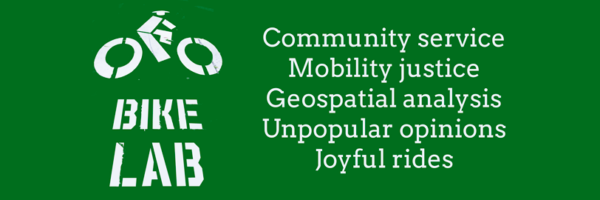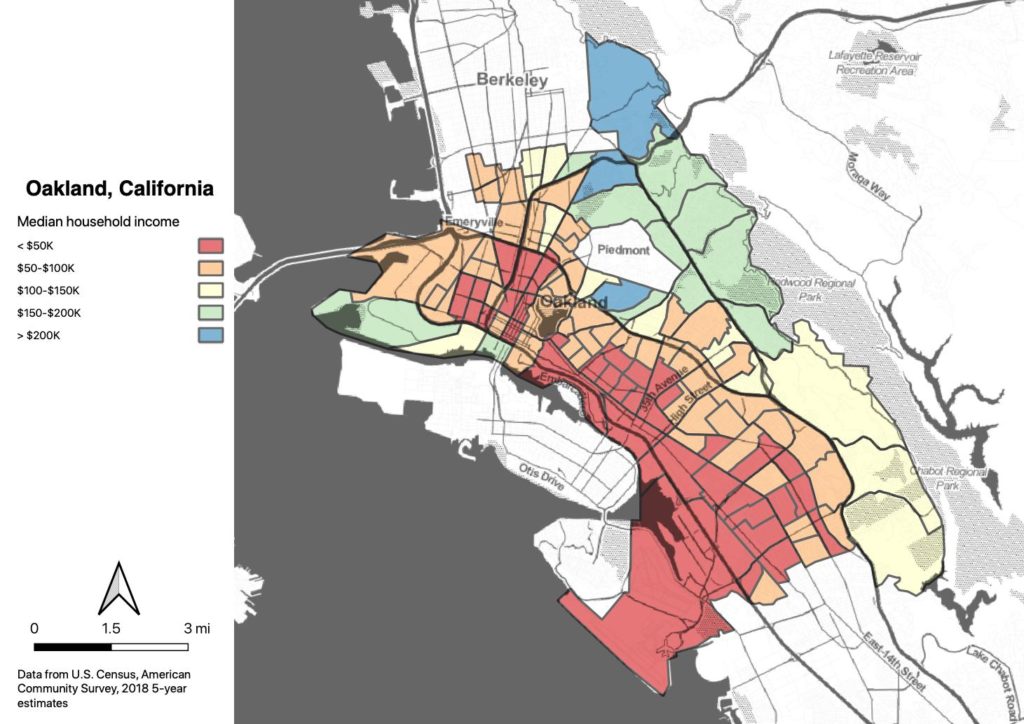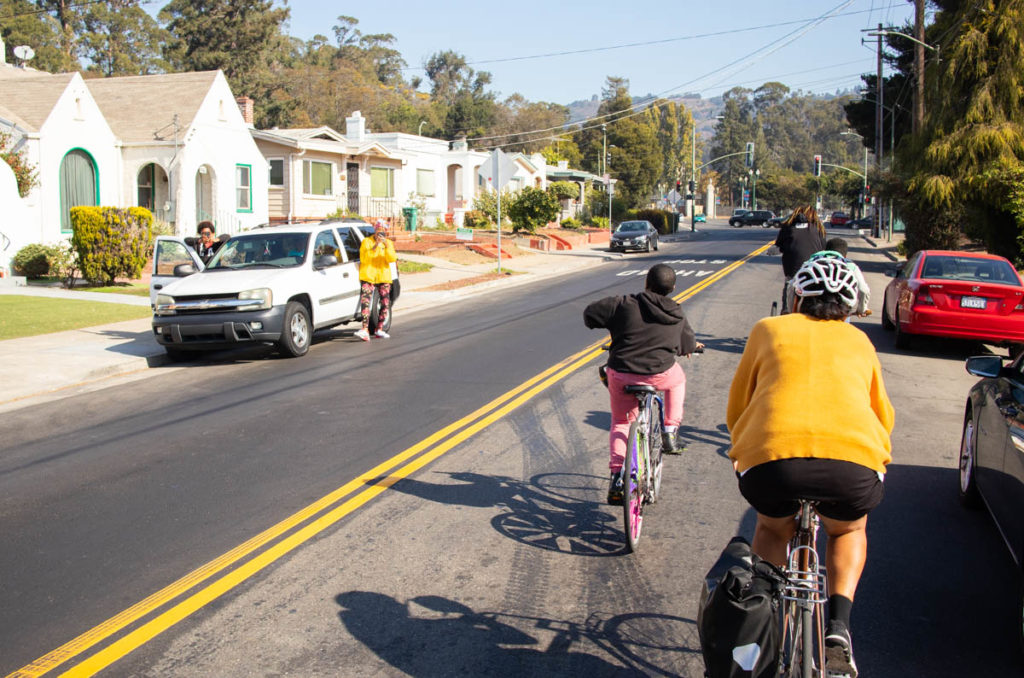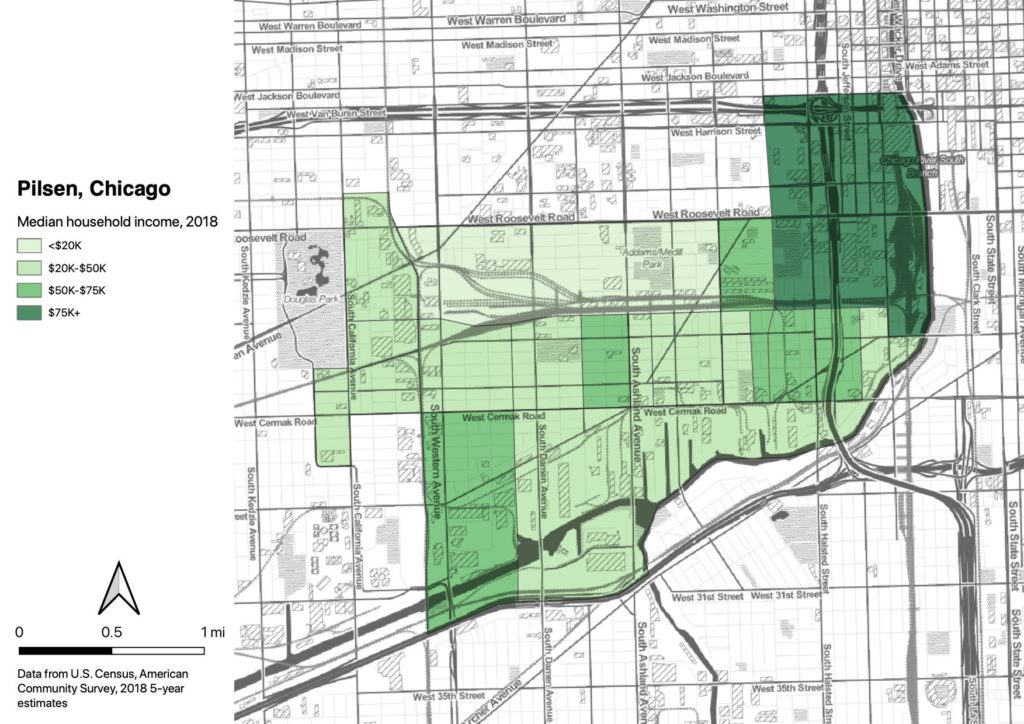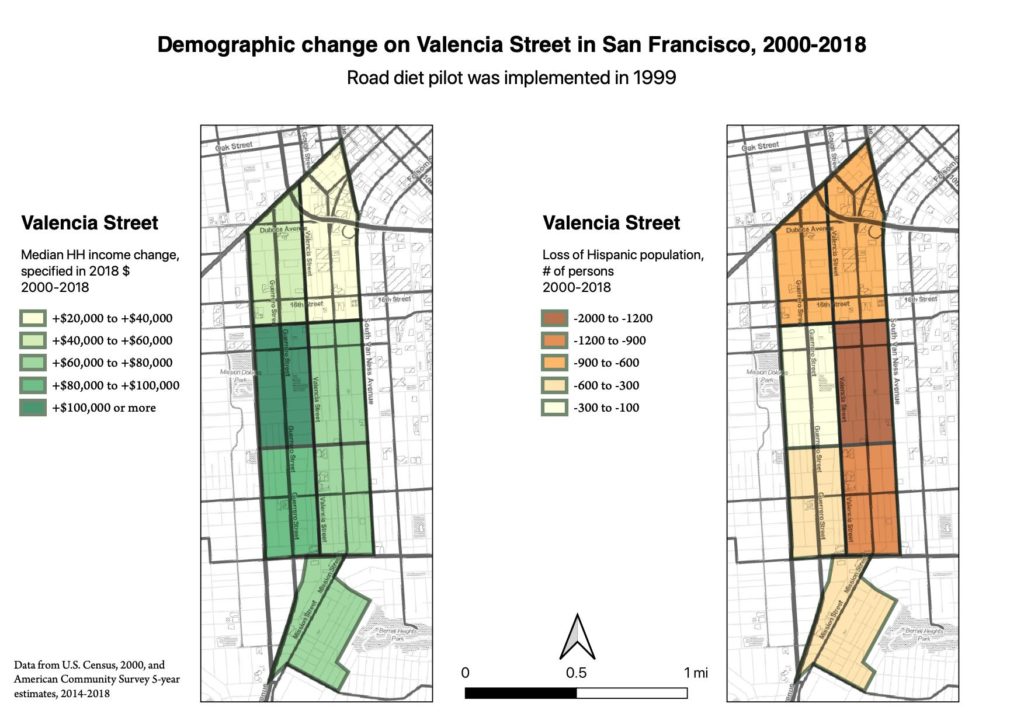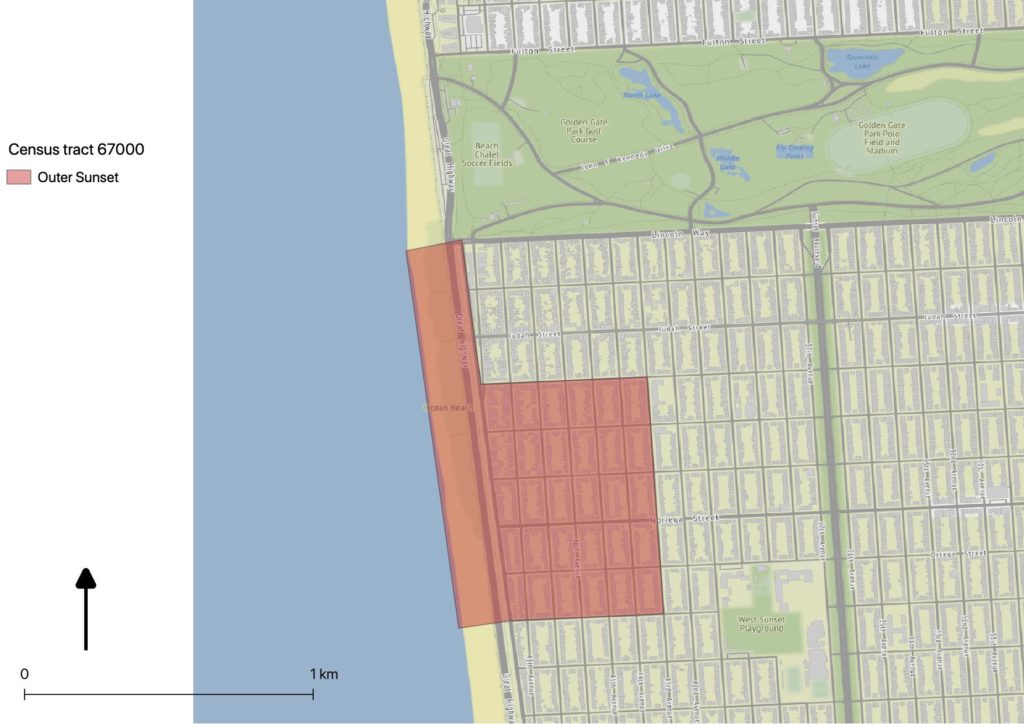Disproportionality
I keep encountering a trope about how poor people of color are disproportionately impacted by the societal harms related to the topic the author is writing on. Whether it be pollution, housing insecurity, food insecurity, or health issues like asthma, diabetes, and now COVID-19, low-income BIPOC have it worse than anyone else. The trope goes further, to employ the fact of disproportionate disadvantage as a justification for the author’s favored project: a bike lane, or a housing development, or a park or an urban farm or whatever it is the writer thinks is important.
I will note that it’s generally true. BIPOC have been disadvantaged in America since Columbus first showed up, and the effects are still seen throughout out society.
But the problem with disproportionate impact—besides its existence and its effects on BIPOC—is that its very ubiquity limits its usefulness as a tool for policy analysis.
